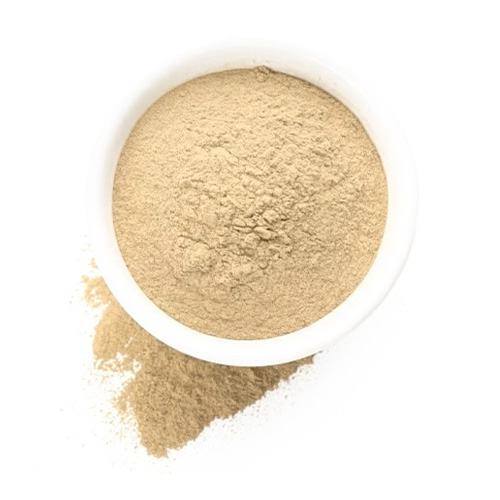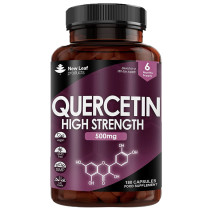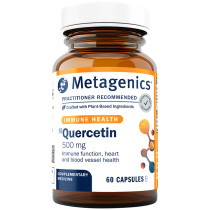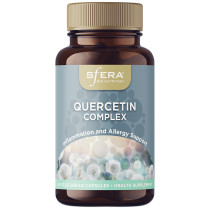Quercetin
Flavonoid - Polyphenol
Quercetin
Other Name(s):
Apple Extract, 3 4 5 7-pentahydroxylflavone

Quercetin is a natural pigment that is found in a group of plant compounds called flavonoids. It is sourced from fruit, vegetables and grains.
Is Quercetin Faithful to Nature?
Yes.
Quercetin is found in a variety of food sources that can be grown sustainably and cultivated on organic farms which do not harm pollinators or place an excessive burden on ecosystems.
Benefits: Why is Quercetin Used?
Powerful Antioxidant
Antioxidants help to neutralize and free your body from free radicals. Free radicals damage cell membranes and DNA, and may result in cause cell death.
Potent Anti-Inflammatory
Quercetin can help stabilise the cells that release histamines into the body and thus, have an anti-inflammatory and antihistaminic effect.
Evidence of slower Tumor Growth
Scientists agree that flavonoids play an important role in cancer prevention. Various studies have shown that quercetin may inhibit cancer growth. More research is needed.
Heart Health
Quercetin has shown to reduce blood pressure and as in most diets high in flavonoids, quercetin may also help prevent damages from LCL cholesterol.
Food sources that contain quercetin include apples, onions, berries, broccoli, cherries, coffee, citrus, grapes, grapeseed, bilberry, ginkgo biloba, and green tea. It can also be found as a dietary supplement for easy consumption in powder and capsule form.
The plant that contains quercetin is dried and made into a fine powder and placed into a capsule. The capsules may also contain bromelain (an enzyme found in pineapple) because both quercetin and bromelain have anti-inflammatory properties.
According to the Mount Sinai Health Library, if you are taking any of the following medications, you should not use quercetin supplements without talking to your healthcare provider: antibiotics, anticoagulants (blood thinners), chemotherapy medication, corticosteroids, cyclosporine, digoxin, fluoroquinolones, medications that are changed by the liver*
*Since quercetin affects the liver, concomitant use with medications that are changed by the liver may impact how the body absorbs these medications.
Notice: The information provided here is not intended as medical advice and is for educational purposes only.
Products Containing Quercetin
-
sku144095

-
sku157767

-
sku121833

-
sku101830

-
sku102369


Sally-Ann Creed Quercetin with Vitamin C
- 90 Capsules
- 445mg
Regular Price: R539.00
Special Price R431.20
+
-
-
sku75104




